An exciting opportunity to be an Early Career Researcher Network (ECRN) representative
The BU Early Career Researcher Network (ECRN) is designed to support early career researchers (ECR’s) and PGRs at BU, offering general advice, support and tailored workshops for skills training and career development. The network also provides an opportunity to form connections – creating a community in which expertise can be shared, and collaborative working encouraged as well as a range of opportunities linked with the British Academy Early Career Researcher Network.
The ECRN is currently seeking a network ECR Rep. ECR reps are drawn from across the University and are recruited on a voluntary basis. An ECR rep is appointed via an expressions of interest process that is open to all eligible research staff. Eligible research staff are those on fixed-term or open-ended employment contracts (not PTHP/casual contracts) who have at least one year remaining on their contract at the time of recruitment. The Rep would contribute to the strategic direction of the ECRN, advising on content, liaising with members and the leads, and representing the network at BU and external events where appropriate.
If you are interested in this role, please supply approx. 200 words to demonstrate your interest and suitability in relation to the position to RKEDF@bournemouth.ac.uk by the 15/06/2023.
If you have any queries or seek further detail, please contact the ECRN academic leads, Professor Sam Goodman (FMC) and Professor Ann Hemingway (HSS)
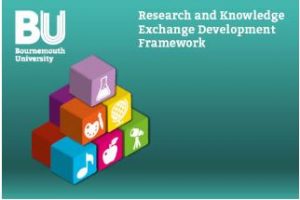
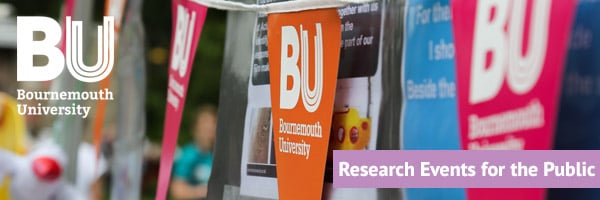

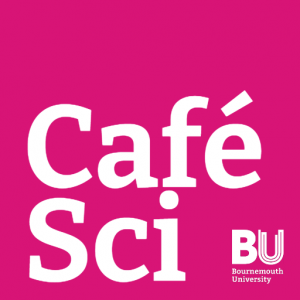
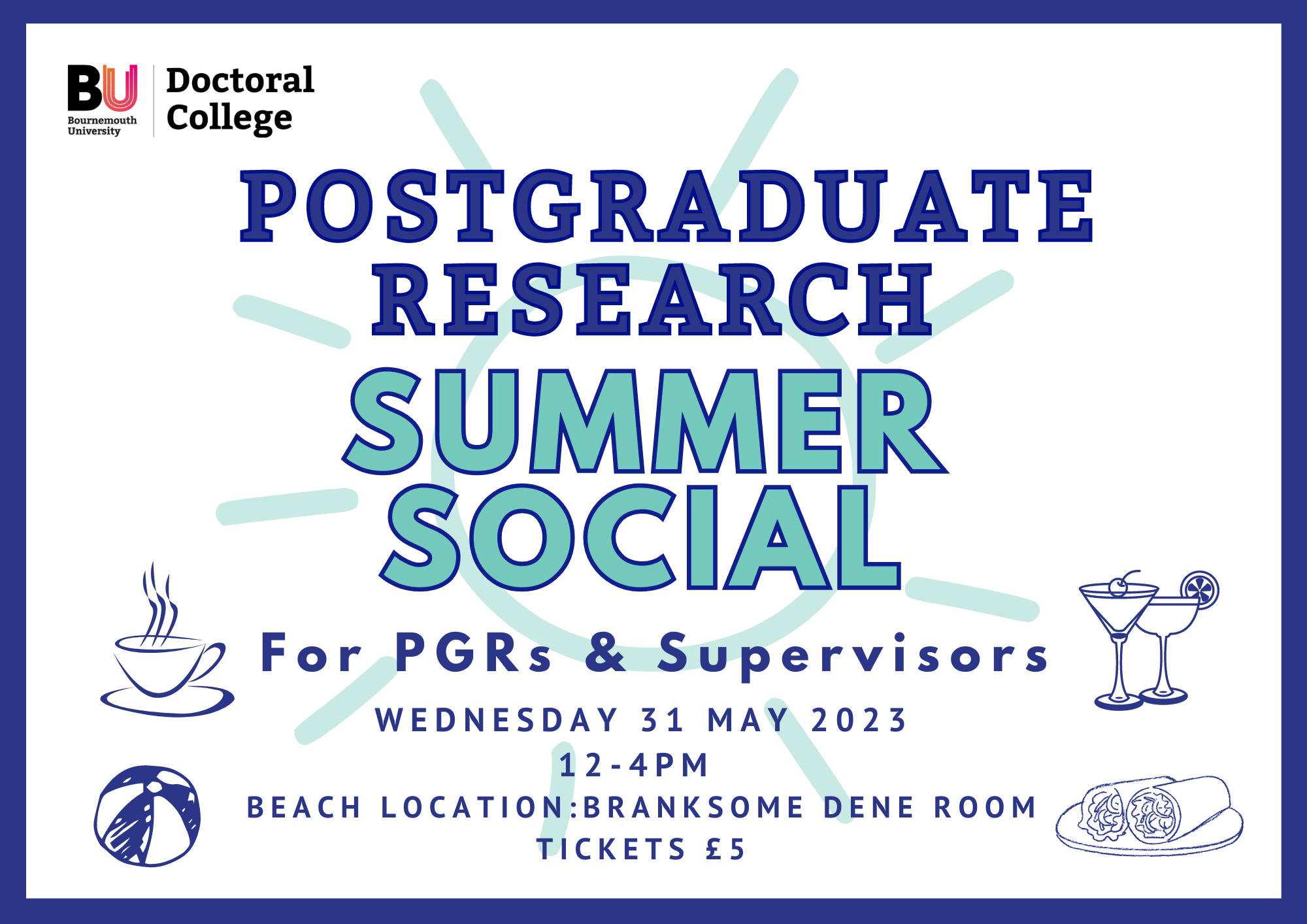
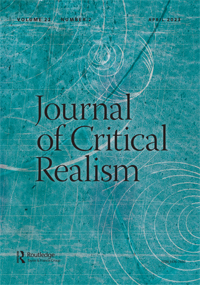
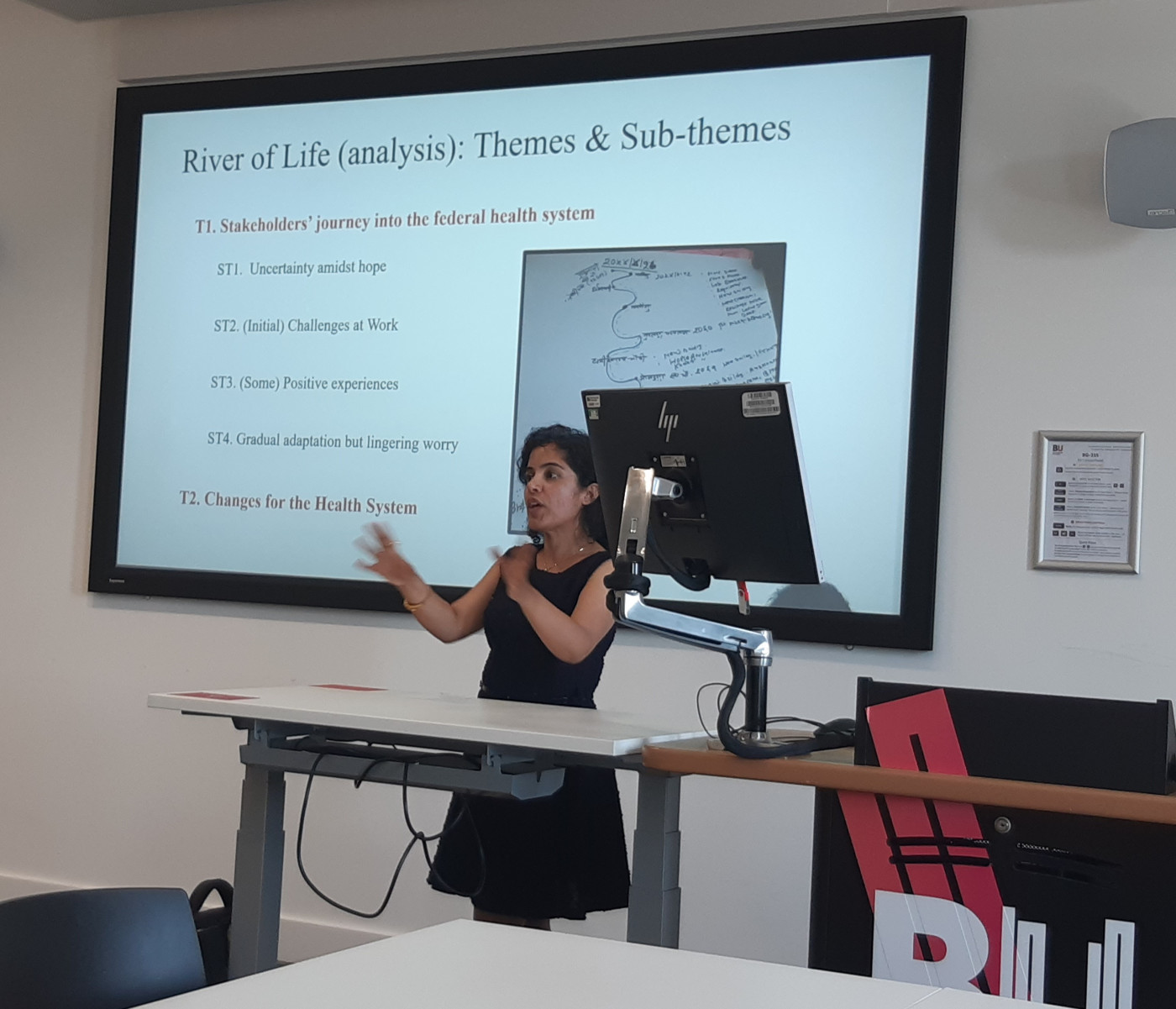

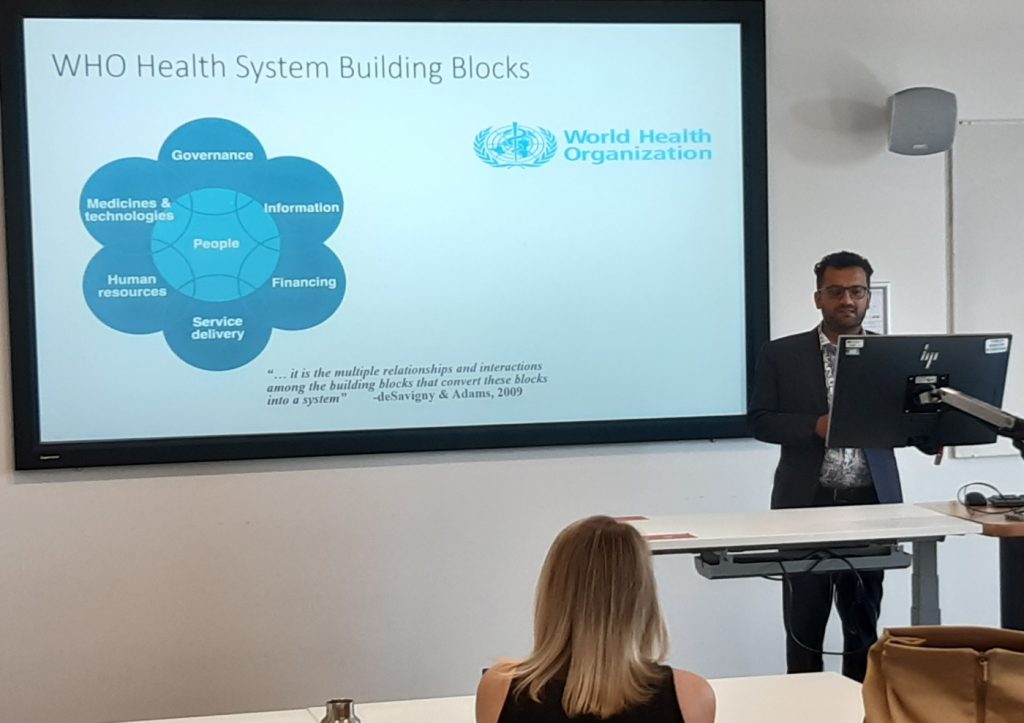
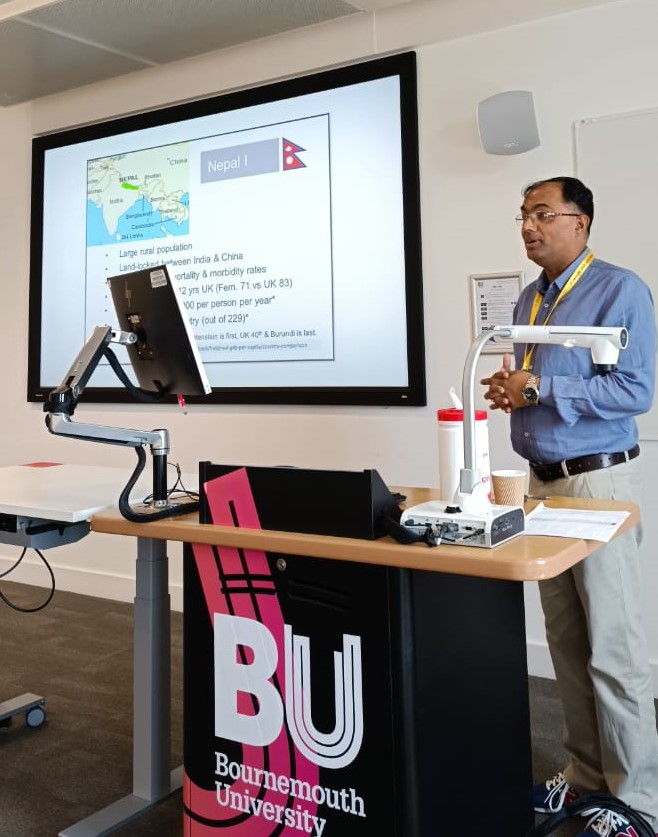


 The following training events are coming up in June.
The following training events are coming up in June.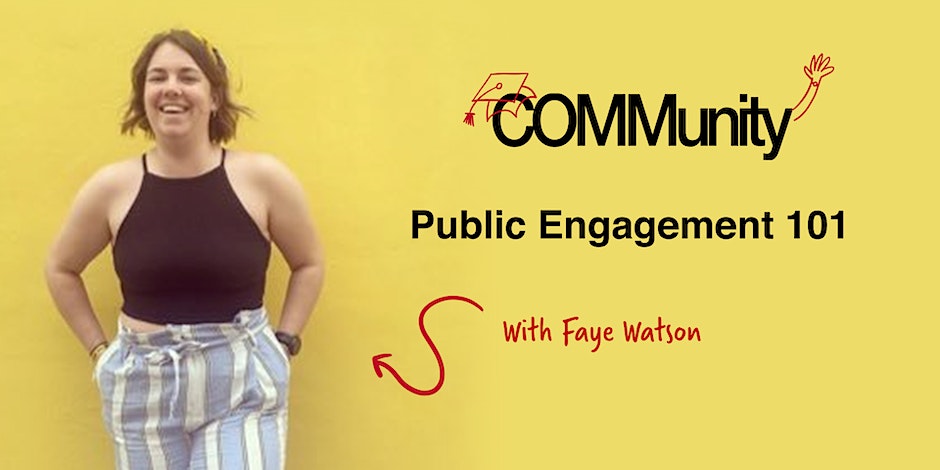

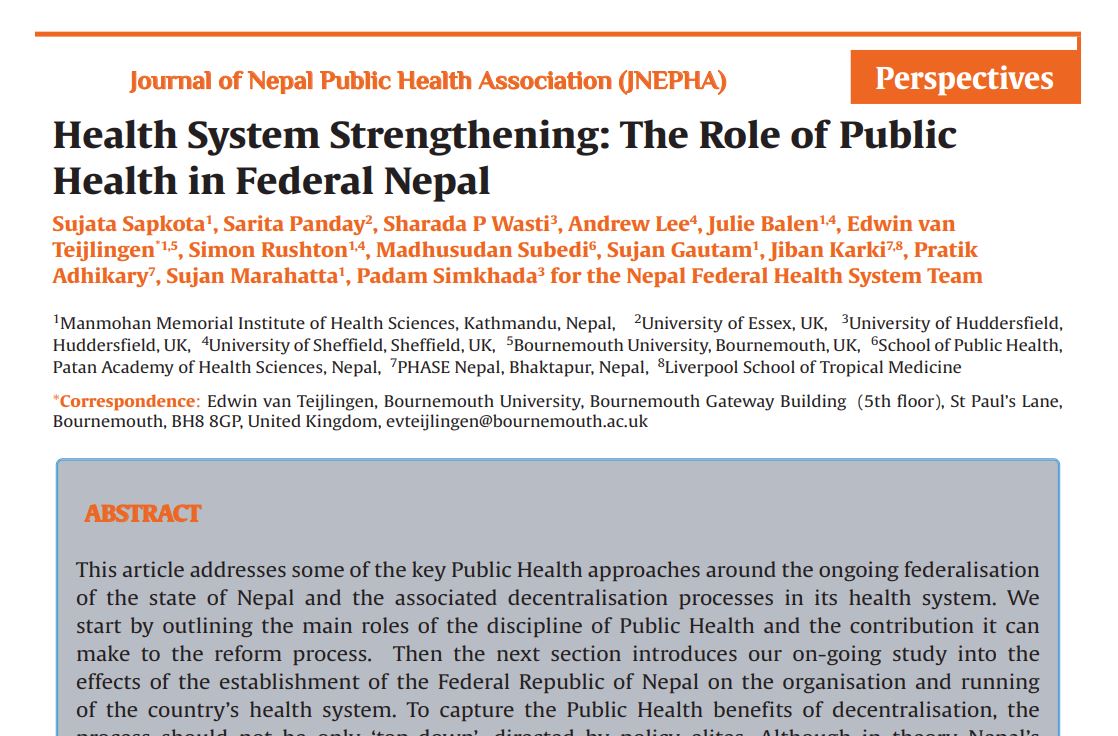


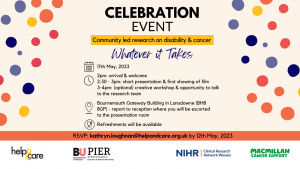











 SPROUT: From Sustainable Research to Sustainable Research Lives
SPROUT: From Sustainable Research to Sustainable Research Lives BRIAN upgrade and new look
BRIAN upgrade and new look Seeing the fruits of your labour in Bangladesh
Seeing the fruits of your labour in Bangladesh Exploring Embodied Research: Body Map Storytelling Workshop & Research Seminar
Exploring Embodied Research: Body Map Storytelling Workshop & Research Seminar Marking a Milestone: The Swash Channel Wreck Book Launch
Marking a Milestone: The Swash Channel Wreck Book Launch ECR Funding Open Call: Research Culture & Community Grant – Application Deadline Friday 12 December
ECR Funding Open Call: Research Culture & Community Grant – Application Deadline Friday 12 December MSCA Postdoctoral Fellowships 2025 Call
MSCA Postdoctoral Fellowships 2025 Call ERC Advanced Grant 2025 Webinar
ERC Advanced Grant 2025 Webinar Update on UKRO services
Update on UKRO services European research project exploring use of ‘virtual twins’ to better manage metabolic associated fatty liver disease
European research project exploring use of ‘virtual twins’ to better manage metabolic associated fatty liver disease